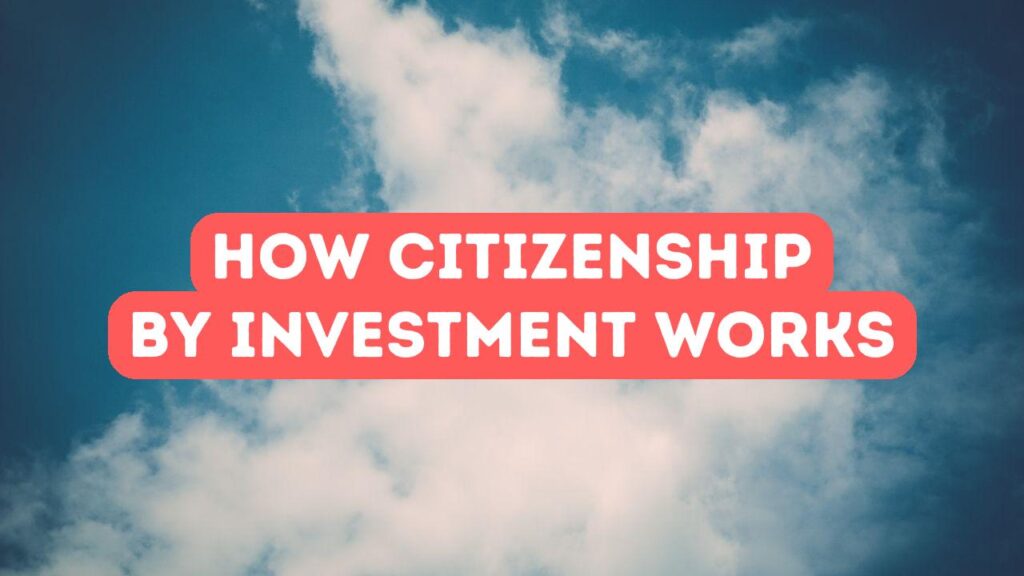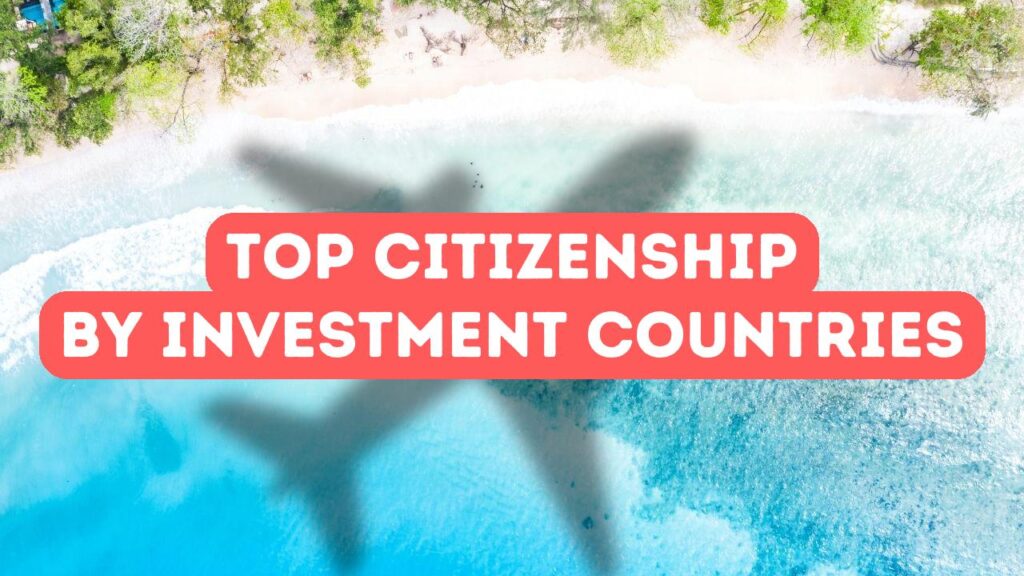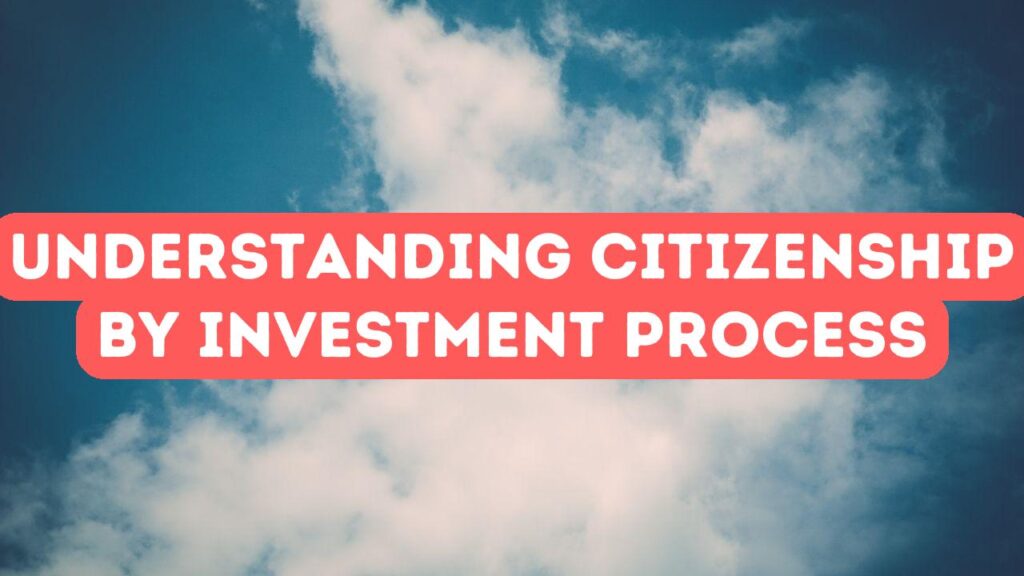Securing a new citizenship through investment is an attractive prospect that offers numerous benefits, from enhanced global mobility to favorable tax regimes. However, the process is intricate and can be fraught with pitfalls. Ensuring a smooth application process requires careful planning and attention to detail. Even minor errors can lead to costly delays or outright rejections. In this article, we delve into the common mistakes applicants make and provide insights on how to avoid them, helping you navigate the complexities of citizenship by investment with ease and confidence. Understanding and sidestepping these pitfalls can significantly increase your chances of a successful application, thereby making your investment truly worthwhile.
Common Pitfalls in Application Documentation
One of the most frequent mistakes in citizenship by investment applications is submitting incomplete or improperly filled-out documentation. Missing crucial documents such as proof of investment, background checks, or financial records can delay the process significantly or result in outright denial. Additionally, inaccuracies or inconsistencies in personal information, such as different spellings of names or incorrect dates, can raise red flags during the review process. Ensuring that all paperwork is meticulously completed and thoroughly verified before submission is crucial. Consulting with a knowledgeable advisor can help you navigate the nuances of documentation requirements, thereby streamlining the application process and avoiding unnecessary setbacks.
Another common pitfall is failing to adhere to specific financial thresholds and investment timelines set by the host country. Each citizenship by investment program has stringent requirements regarding the minimum investment amount and the allowed types of investment, whether in real estate, government bonds, or business ventures. Missing these financial milestones or misinterpreting the guidelines can lead to application denial. Additionally, some countries have strict deadlines by which the investments must be made and maintained for a certain period. Failure to comply within these timeframes can jeopardize your application’s success. Therefore, it is essential to stay well-informed and ensure all financial commitments are met in accordance with the program’s stipulations.
A crucial yet often overlooked mistake is neglecting to include comprehensive and up-to-date supporting documentation, especially when it comes to proving the source of funds used for the investment. Citizenship by investment programs require stringent due diligence to prevent money laundering and other illicit activities. Inadequate documentation that fails to clearly trace the origin of your invested capital can lead to significant delays or outright rejection of your application. Ensuring that all documents such as bank statements, business income records, and other financial certificates are not only accurate but also clearly demonstrate the legitimacy of your funds is paramount. Collaborating with experienced financial and legal advisors can make a substantial difference in ensuring these aspects are handled correctly, mitigating potential risks and increasing your chances of a successful application.
Ensuring Timely and Accurate Submission
One of the primary mistakes applicants make is failing to ensure a timely and accurate submission of their documents. Citizenship by investment programs typically have strict deadlines and require a comprehensive set of documentation, including financial statements, legal records, and personal identification. Missing even a single document or submitting information that contains errors can significantly delay the process or lead to outright rejection. It is essential to meticulously gather and verify all required materials well in advance of the submission deadline, and consider seeking the assistance of a professional advisor to review your application for accuracy and completeness. This proactive approach can help you avoid the unnecessary stress and financial loss associated with a rejected or delayed application.
Another critical aspect to consider is the precision of the information provided in the application. Inaccurate or inconsistent details can raise red flags for the reviewing authorities, leading to increased scrutiny, delays, or even denials. It is essential to ensure that all information, from your financial disclosures to personal history, is consistent across all documents and accurately reflects your situation. Discrepancies, even minor ones, can be viewed as attempts to withhold information or misrepresent facts, which can irreparably harm your application. Therefore, double-check all entries and be transparent about your financial standing and personal background to foster trust and facilitate a smoother review process.
In addition to accuracy and timeliness, knowing the specific legal and procedural requirements of the country to which you are applying is imperative. Each nation offering a citizenship by investment program has its unique set of regulations, documentation standards, and qualification criteria. Failing to adhere to these country-specific rules can render your application invalid, regardless of how meticulously you have prepared your documents. Research the particular requirements thoroughly or consult with experts who specialize in the citizenship programs of your target country. Such diligence not only helps in avoiding unnecessary procedural errors but also positions your application more favorably in the eyes of the adjudicating authorities. Understanding and complying with these local nuances will markedly improve your chances of achieving successful citizenship status.
Key Factors that Can Lead to Rejection
One of the most common errors that can lead to the rejection of a citizenship by investment application is the submission of incomplete or inaccurate documentation. Investing countries impose stringent documentation requirements, and any missing or incorrect information can delay the process or result in outright denial. Applicants often overlook the importance of meticulously reviewing their application and supporting documents, leading to mistakes such as outdated financial statements, incomplete background checks, or incorrect personal information. Ensuring that every document is accurate and up-to-date is crucial for a seamless application process. Collaborating with experienced legal and financial advisors can greatly minimize the risk of such errors, thereby enhancing the likelihood of approval.
Another significant factor that can lead to rejection is the lack of transparency and full disclosure. Governments of investing countries undertake rigorous due diligence processes to ensure that all applicants meet stringent eligibility criteria. Concealing information, whether intentionally or by omission, can raise red flags and lead to disqualification. This includes not fully disclosing the source of investment funds, overlooking prior legal issues, or failing to mention past visa rejections. Incomplete or ambiguous information can cast doubt on the legitimacy of the application and prompt authorities to deny the request. To avoid this pitfall, applicants should be entirely transparent, providing thorough and honest information to demonstrate their integrity and compliance with the program’s requirements.
Financial instability or insufficient proof of funds is another critical error that can jeopardize a citizenship by investment application. Investing countries require clear evidence that applicants have the necessary financial resources not only for the investment itself but also for supporting themselves and their dependents. Failure to provide credible proof of stable income, clear financial history, or liquid assets can result in immediate disqualification. Additionally, erratically sourced funds or reliance on loans for the investment may raise suspicions regarding the applicant’s long-term financial reliability. To mitigate this risk, ensure that your financial portfolio is robust, transparent, and well-documented. Seek advice from financial experts to present a strong case, illustrating solid and legitimate financial standing. This preparation is essential to convince authorities of your financial capability and commitment, thereby enhancing your chances of a successful application.







